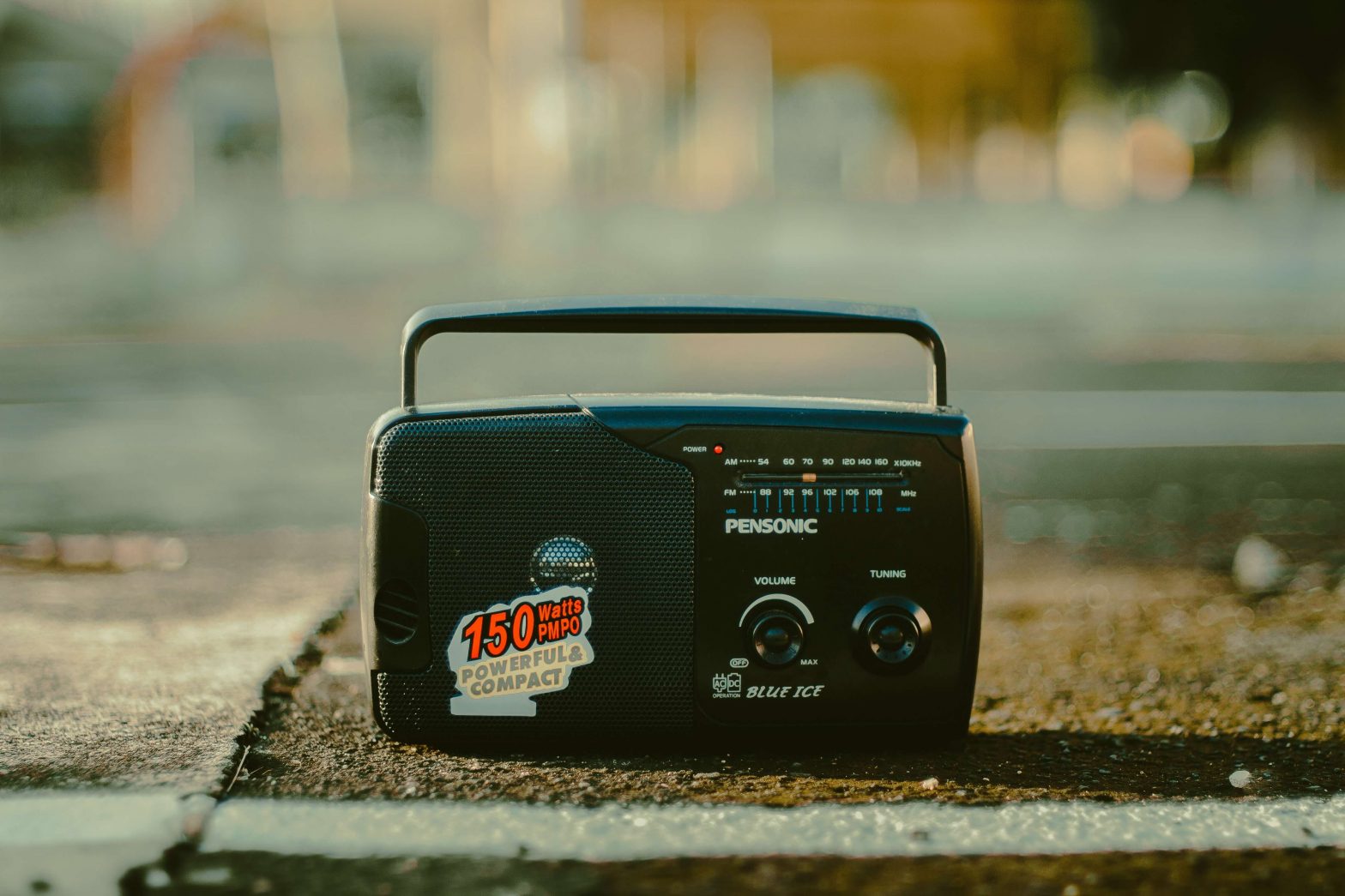I cannot now recall the incident – whether it was a fire or debris falling from a building – only the deep frustration. “Asa na uy!” I was driving and apart from general curiosity, I also wanted to know where it was happening in order to decide which streets to take.
“Usa ka mall sa north reclamation area.” That usually means SM City Cebu in news stories. If the report mentions Mandaue, that usually means Park Mall. Robinsons Galleria, I think, is euphemistically referred to as “duol sa port area.”
That day, the reporter covering via live broadcast said it was in Cebu City and “duol sa usa ka mall sa North Reclamation Area.” (Near a mall in the North Reclamation Area.) SM City Cebu, I hazarded a guess.
It would have been simpler and more helpful to listeners for the reporter to say it outright: a condo tower being built across SM City Cebu.
But here we are, reduced to decoding radio-speak. Often I’d just check on Facebook and quickly find that bit of information. That time, however, I couldn’t check on my phone because I was driving.
News, as often stated in classrooms and training centers, are written with 5 Ws and 1 H. But depending on the people and brands involved, some of these Ws will be dropped. Keep this in mind the next time you read about an incident involving influential people and known brands.
Reporters usually avoid naming business establishments in news accounts – especially when the story is still breaking – for three reasons. One is the mistaken belief that mentioning the business has “commercial value” and is covered by the prohibition on unpaid promotions. This is prevalent in broadcast media. Second is that the business or its officers will get offended and would pull out advertisements. The third is that new reporters see and hear their older colleagues do it and just follow the practice.
Not included in the equation is the frustration of listeners and readers like me. The audience is typically considered last by these media establishments, hence the trouble they are in right now.
I cannot understand the refusal to render a complete news report because of “commercial value” in the mention of the establishments. Does Manila corporate HQ (usually the origin of the memo) think I would be encouraged to visit SM City Cebu because debris fell from the construction site across it? Or that I would suddenly decide to visit Park Mall because a motorcycle got involved in a road accident with a speeding truck near it? Weird.
As to the threat of an ad pullot, media organizations have been eunuchated by sharply declining revenues and would readily accede to requests by advertisers. In fact, from what I hear, marketing now has the loudest voice in some newsrooms. I once attended an event organized by a former colleague. When I asked her who was covering it, she mentioned the publications and blogs and said that one reporter was already on his way but had to abruptly cancel. Marketing stopped him from covering because the brand refused to place an ad. Imagine that.
Before the internet upended the media industry, newsrooms could afford to stand their ground on their reporting. A friend of mine once handled a story about the impending closure of a skating rink in a mall. It angered management and resulted in an ad pullout. Our paper’s management stood by my friend’s handling of the story and the reporter’s account (based on sources in the skating community who were informed ahead of the impending closure). The article was ultimately proven accurate. The mall eventually resumed advertising because back then, brands needed newspapers. I somehow doubt he would receive the same backing had it happened today. I suspect he would have been compelled to apologize.
This is sad. As a former newspaperman, I’ve always believed that the only way for media organizations to survive is to double down on journalism, not do less. Do you still read papers and news sites? I do and every day. You see less reporting now because newsrooms have been gutted. Enterprise reporting is gone. Stories are often prompted by news sources: there is a news article because somebody called a press conference.
The disintermediation brought about by social networks like Facebook helps news junkies like me. Organizations and public figures often livestream announcements and allow us to hear from them directly. And then you read the report that comes out. At times the reporter gets it right, at times horribly wrong.
Just a quick blog post while having coffee in this global coffee brand in a mall in midtown Cebu City.
Max is a journalist and blogger based in Cebu. He has written and edited for such publications as The Freeman, The Independent Post, Today, Sun.Star Cebu, Cebu Daily News, Philstar Life, and Rappler.
He is also a mobile app and web developer and co-founded InnoPub Media with his wife Marlen.


Leave a Reply